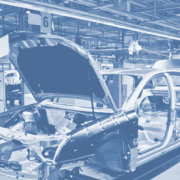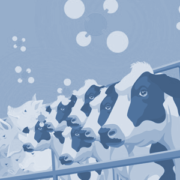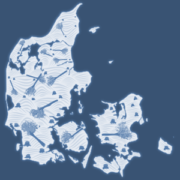High and low ILUC risk – technical assistance to the European Commission
Since 2020, Cerulogy has been working for the European Commission Directorate General for Energy, as part of a consortium led by Guidehouse, on a re-assessment of which biofuel feedstocks should be identified as high indirect land use change risk under the EU’s Renewable Energy Directive and on the development of certification guidelines for low indirect land land use change risk biofuel projects.

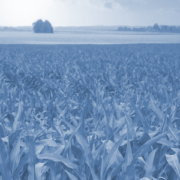


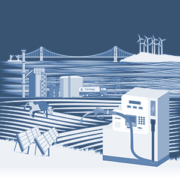

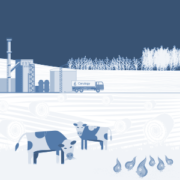 Cerulogy, 2023
Cerulogy, 2023